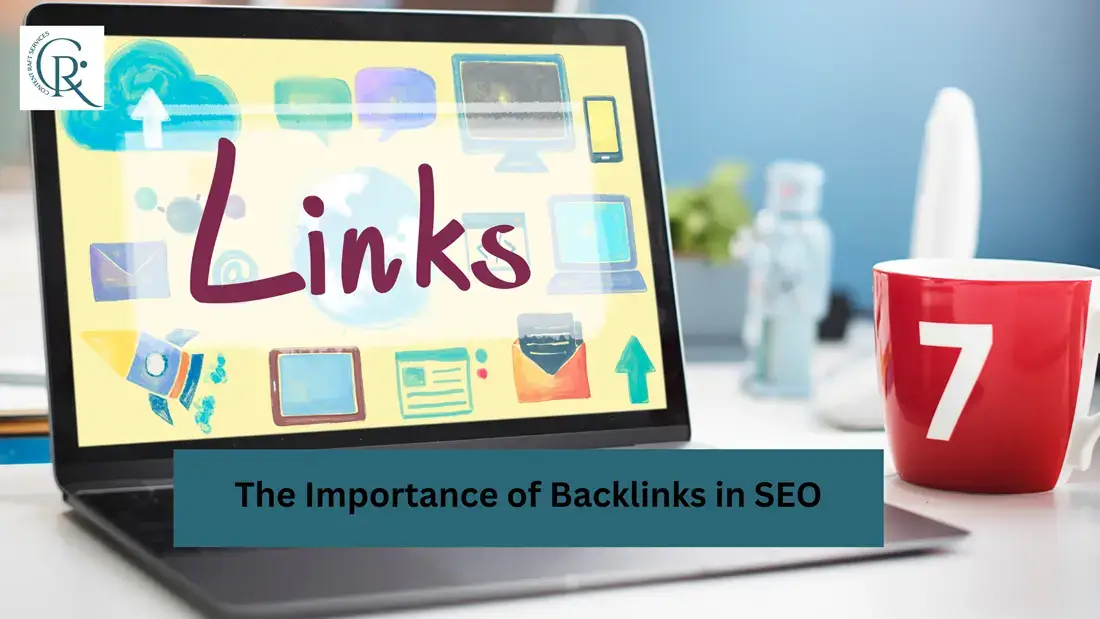
What Are Backlinks?
Backlinks, also known as inbound or incoming links, are links from one website to another. They serve as signals to search engines, indicating that your content is valuable and credible. Essentially, backlinks act as votes of confidence from other websites, helping search engines determine the relevance and authority of your content. Let find out in detail the importance of backlinks in SEO.
Why Are Backlinks Important for SEO?
1. Enhanced Authority and Credibility
Search engines like Google consider backlinks as endorsements from other websites. When reputable sites link to your content, it signals trustworthiness and expertise in your field, improving your site’s authority.
2. Improved Search Engine Rankings
The more high-quality backlinks your website receives, the higher it is likely to rank on search engine results pages (SERPs). Backlinks are a key ranking factor in Google’s algorithm, helping determine which pages deserve top positions.
3. Increased Organic Traffic
Higher rankings in search results lead to better visibility and increased organic traffic. When authoritative sites link to your pages, users are more likely to visit your website, boosting engagement and conversions.
4. Faster Indexing
Search engines use backlinks to discover and index new pages. If your site has a strong backlink profile, search engine crawlers can find and index your content more quickly, ensuring it appears in search results sooner.
5. Boosts Brand Awareness
Backlinks from well-established websites help establish your brand as a credible source in your industry. The more exposure your content gets, the more recognition your brand gains.
Types of Backlinks
1. High-Quality Backlinks
- Obtained from authoritative, relevant websites with strong domain authority.
- These positively impact SEO and improve rankings.
2. Low-Quality Backlinks
- Originating from spammy or irrelevant websites.
- Can harm your SEO efforts and potentially lead to penalties from search engines.
3. Editorial Backlinks
- Earned naturally when other websites find your content valuable and link to it.
4. Guest Posting Backlinks
- Acquired by writing articles for other websites and including a link back to your own site.
5. Image Backlinks
- Occur when websites use your images and link back to your site as the source.
6. Dofollow Backlinks
- Pass link equity and directly impact SEO rankings.
7. Nofollow Backlinks
- Contain a “nofollow” attribute, telling search engines not to pass link equity. While they don’t directly boost SEO, they can still drive traffic and visibility.
8. Sponsored Backlinks
- Paid links labeled as “sponsored” to indicate financial exchange.
9. UGC (User-Generated Content) Backlinks
- Found in forums, comments, or community-generated content, often marked with the “UGC” attribute.
How to Build High-Quality Backlinks
1. Create High-Quality Content
- Develop valuable, informative, and engaging content that naturally attracts backlinks.
2. Guest Blogging
- Write articles for industry-related websites, including a link back to your site.
3. Outreach to Other Websites
- Contact relevant bloggers and website owners to request backlinks to your content.
4. Use Social Media
- Share content on social media platforms to increase visibility and potential backlinks.
5. Internal Linking Strategy
- Link to relevant pages within your own site to improve navigation and SEO performance.
6. Monitor Competitor Backlinks
- Use SEO tools to analyze competitor backlinks and target similar sources for link-building opportunities.
If you’re finding it challenging to earn backlinks from authoritative websites, you’re not alone. Quality link building takes time, strategy, and the right connections. That’s where we come in.
At our UAE-based SEO agency, we specialize in ethical, white-hat link building for your industry and target audience. Whether you’re aiming to rank locally in Dubai or expand your digital presence across the GCC, our team can help you secure relevant, high-authority backlinks that move the needle.
How to Check Backlinks
Several SEO tools help track backlinks, including:
- Google Search Console – Provides a sample of backlinks pointing to your website.
- Moz Link Explorer – Offers comprehensive backlink analysis.
- Ahrefs – Helps analyze backlink profiles and find new opportunities.
- SEMrush – Tracks backlinks and monitors competitor link-building strategies.
Conclusion
Backlinks play a crucial role in SEO by enhancing authority, improving rankings, and driving organic traffic. However, it’s important to focus on acquiring high-quality, relevant backlinks rather than quantity alone. Implementing a strategic link-building approach will strengthen your website’s credibility and boost long-term SEO performance.
